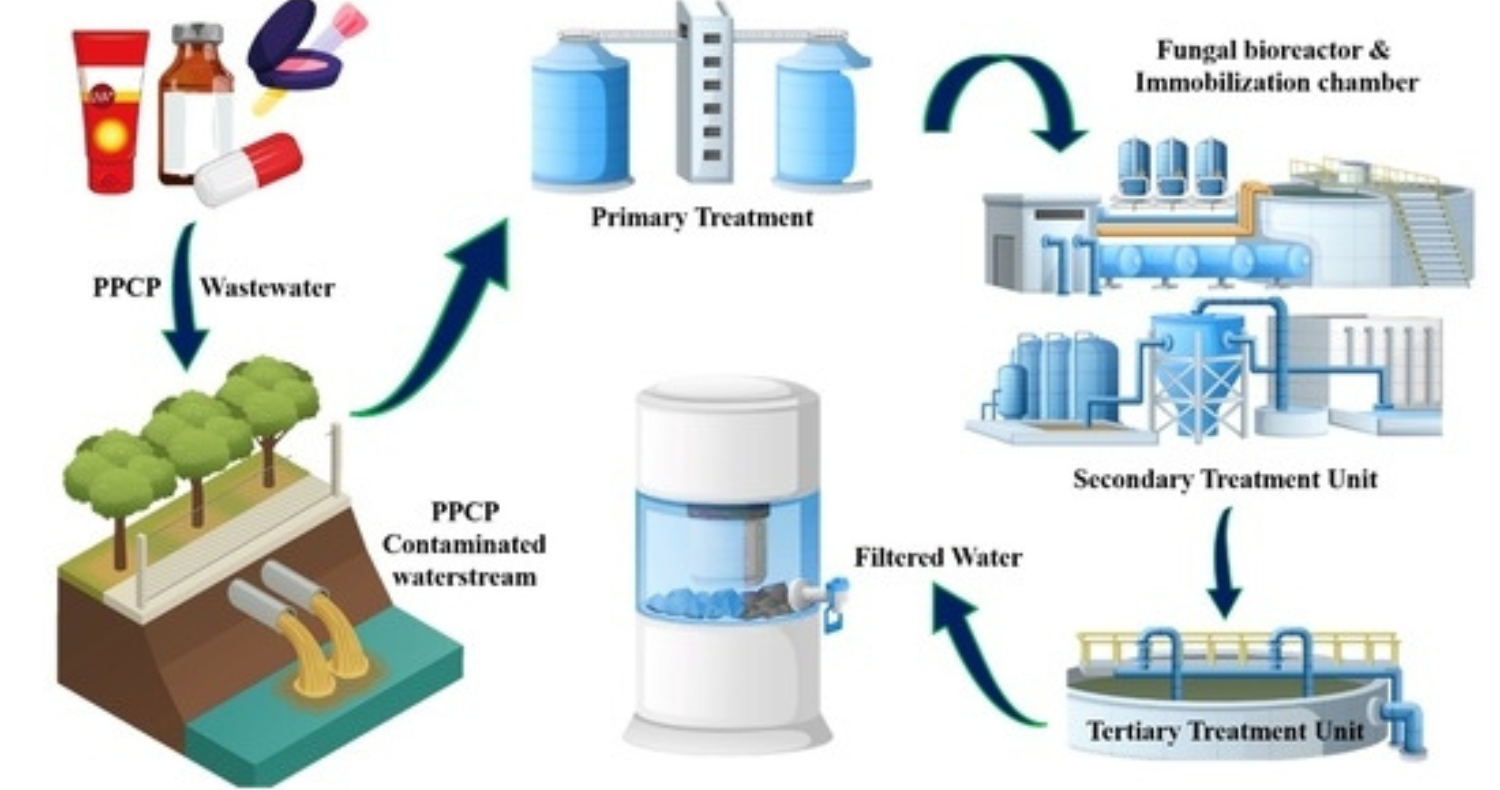London (Parliament Politic Magazine) – The UK government has recently released a document advising landlords to collaborate with professionals in addressing damp and mold issues. James Berry, the Deputy CEO of the Property Care Association (PCA), delves into the significant aspects of this updated guidance.
Clarifying the legal obligations of both social and private sector landlords, and highlighting the substantial health hazards associated with damp and mold, “Understanding and addressing the health risks of damp and mold in the home” serves as a direct reaction to the coroner’s report on the tragic death of two-year-old Awaab Ishak in 2020. Awaab’s respiratory illness was attributed to mold in his residence, prompting this response.
Wide Ranging Estimates of Homes in England
The guidance highlights the wide-ranging estimates of homes in England affected by damp and mold, varying from 4% to 27%, which corresponds to approximately 962,000 to 6.5 million households. This is indeed a pressing issue. Over the past several years, the PCA has observed a notable increase in the levels of excess moisture within residential properties.
A substantial portion of our 400 members has reported encountering unprecedented levels of humidity and dampness in homes, which has profound implications for the health, comfort, and overall well-being of both homeowners and tenants. The situation demands attention, and this publication signifies a crucial step towards addressing this matter.
The introductory message from the ministerial foreword mentions that: “Everyone has the right to a warm, secure and decent home and to be treated with dignity and fairness, yet many people in England are living in a home with damp and mold, which may put their health at risk.”
Furthermore, it directs landlords to professionals who possess appropriate qualifications, including those offered through the PCA (Property Care Association). We appreciate the focus placed on the vital role of engaging proficient and certified specialists and the recognition of professional qualifications within the guidance.
Setting Out Responsibilities on Managing Damp and Mold
The provided guidance offers comprehensive insights to both social and private sector landlords in England regarding their legal obligations. It underscores the significant health hazards associated with damp and mold.
Notably, the guidance conveys a firm directive to landlords, emphasizing their responsibility to guarantee that the housing they offer is devoid of severe risks, including damp and mold, and that these homes are suitable for habitation. Furthermore, it emphasizes the critical nature of addressing instances of damp and mold promptly, with landlords expected to act with utmost seriousness to safeguard the health of their tenants.
Additionally, the guidance underscores that tenants should not be held accountable for issues related to damp and mold, as these problems do not arise from their “lifestyle choices.” It firmly asserts that it falls upon the landlords to recognize and rectify the root causes of such issues, which may encompass structural deficiencies or inadequate ventilation, highlighting their responsibility in addressing these fundamental concerns.
The guidance strongly encourages landlords to seek counsel from a diverse array of professionals with specialized expertise in various facets of this field. It emphasizes the significance of collaborating with experts capable of recognizing and addressing damp and mold problems effectively.
Achieving The Right Outcome
The PCA provides a diverse array of qualifications, such as CSRT (Certificated Surveyor in Remedial Treatment) and CSSW (Certificated Surveyor in Structural Waterproofing), in addition to training for CSTDB/CSDB (Certificated Surveyor in Timber and Dampness in Buildings).
Moreover, their training programs are designed to assist both social and private sector landlords in enhancing their understanding and honing their abilities in effectively managing moisture issues within buildings. They offer a wide selection of options to cater to a range of professional development requirements, ensuring a comprehensive approach to skill enhancement in this field.
As part of their offerings, the PCA provides an online workshop titled “Understanding Dampness and Condensation.” This workshop was initiated in response to requests from local authorities and housing associations seeking assistance in addressing issues related to condensation and mold in properties.
This program is designed to equip participants with the ability to not only acquire knowledge but also apply and communicate it effectively to both tenants and contractors, ensuring a practical and hands-on approach to addressing dampness and condensation problems within properties.


